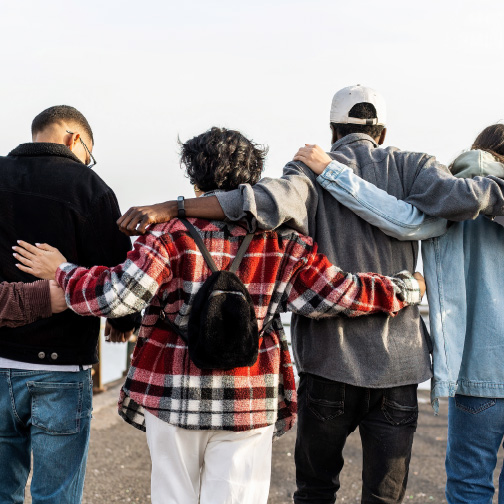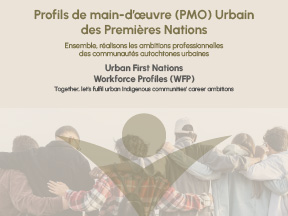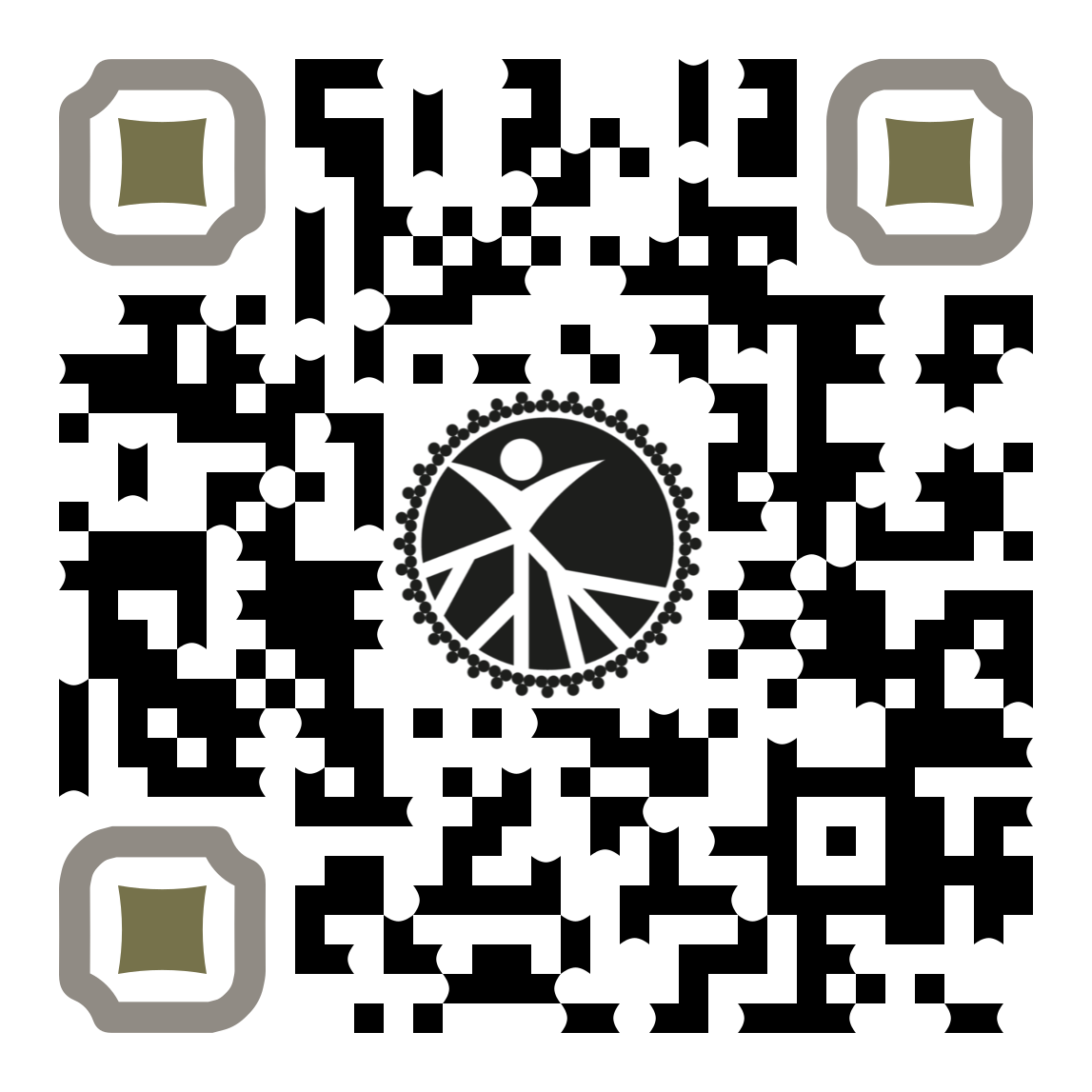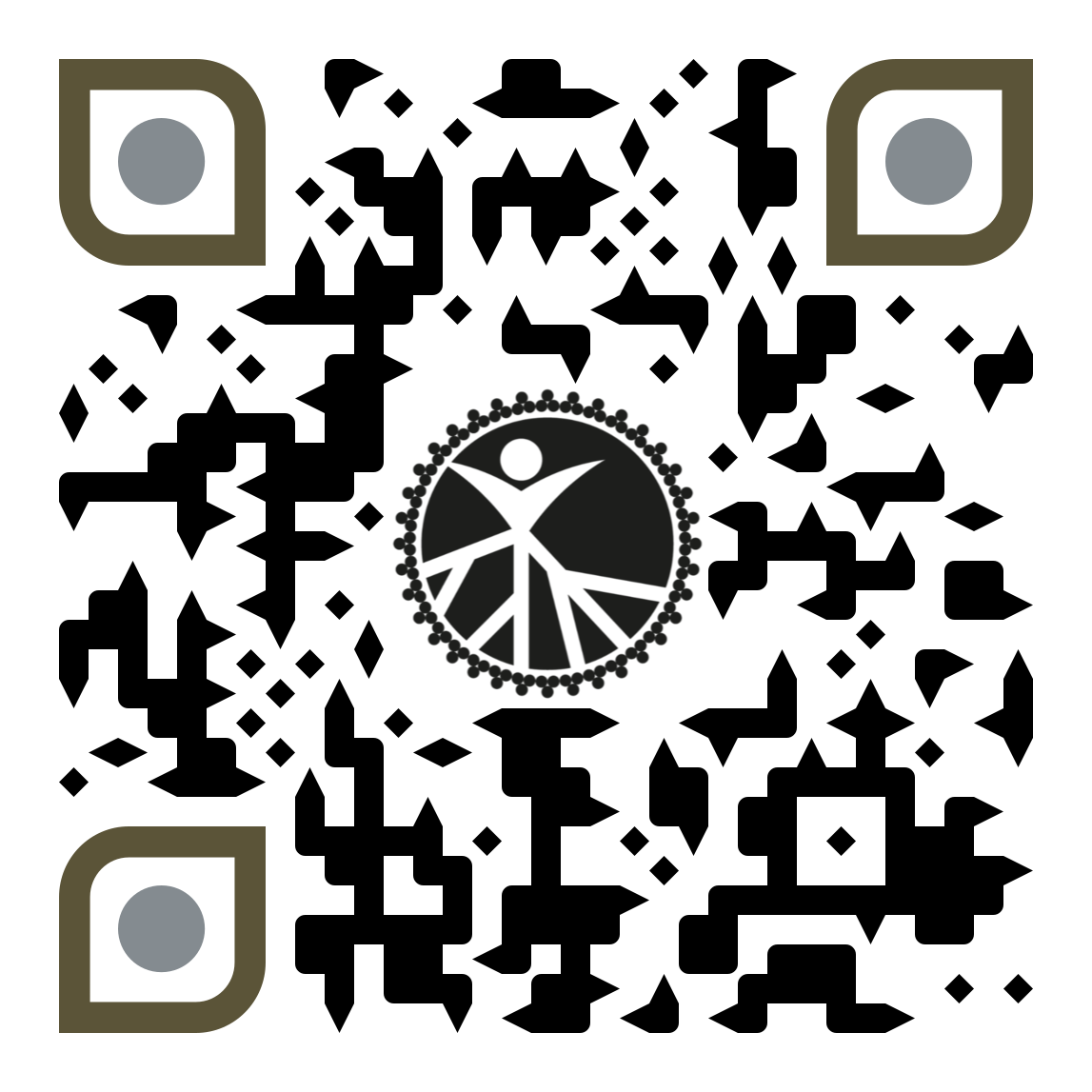🌐 The Urban Workforce Profile (WFP) Project
Led by the Commission, the Urban Workforce Profile (WFP) Project supports First Nations students living in urban areas by providing tools to help them reflect on their career goals, consider new directions, and explore opportunities to return and contribute to their home communities.
This initiative highlights local employment opportunities and showcases career paths that reflect First Nations culture, values, and the evolving needs of regional job markets.

📣 Take the Urban WFP Survey
Survey Prize Draw
Take a few minutes to complete our survey – your voice matters! Each month, we hold a draw for participants. If you’re not selected this month, your name stays in for future draws.
Thank you for sharing your perspective. Together, we’re building strong and sustainable futures for First Nations youth in urban areas.
Thank you for your participation!
🎯 Why the Urban WFP Project Matters?
The WFP project connects urban youth with career opportunities in their home communities – making it easier to return, reconnect, and contribute meaningfully.
It is guided by three core pillars:
- Celebrating culture and identity
- Recognising individual skills and dreams
Offering support in high-demand fields such as health, education, construction, community services, and more
We take a collaborative and transparent approach, working with communities from start to finish to ensure our strategies are relevant, respectful, and rooted in Indigenous values. This approach helps make our strategies relevant and our traditions and values respected. By listening to you and considering your views every step of the way, we can identify and propose customized solutions that will foster economic autonomy and sustainable development.
Our approach is based on the “First Nations Principle of Ownership, Control, Access, and Possession (OCAP), which asserts that First Nations have control over data collection processes and ownership of information. Here are the steps we have taken to ensure these principles are followed:
We aim to improve our community members’ access to skilled, sustainable jobs. To achieve this, we have implemented initiatives to help them secure employment and develop professionally. We also work with local employers to identify job opportunities and skills requirements and to ensure a better match between labour market supply and demand.
We recognize that skills development will enable our community members to thrive in an ever-changing world. By offering diverse learning opportunities tailored to individual needs, we encourage participants to develop to their full potential and become significant contributors to their communities and the broader economy.
Promote data ownership by and for communities so they have control over the information concerning them. Each nation will have access to the results of studies conducted in its community and can decide whether to authorize or not access.
🌿 Notre vision
We believe returning to one’s community should be a fulfilling, sustainable, and empowering choice. The WFP Project encourages youth to:
Reconnect with their cultural roots
– Strengthen their sense of belonging
– Help shape the future of their Nations
Returning home isn’t a step backward – it’s a step toward meaningful growth. By valuing traditional knowledge alongside modern skills, we’re creating an employment ecosystem that respects heritage and embraces the future.
Every First Nations youth carries a voice, strength, and vision that can transform communities. Our role is to support and amplify that potential.
The Urban WFP Project is more than an initiative – it’s an invitation to return, build, contribute, and thrive at home.
👥 Who’s Involved
This project is a collaborative initiative in which various partners and experts join efforts to shape a prosperous future for First Nations and Inuit communities.

First Nations Students
At the heart of the project, their voices guide every step.
Liaison Officers and Advisors
Provide orientation support and connect students with local opportunities
Service Centres and Partners
Open access to resources and help bring the project to life on the ground.
🔗 Collaboration for Impact
Together, these partners create a powerful synergy – addressing historical employment challenges and building long-term opportunities for First Nations and Inuit youth.
The WFP-LMI project media library

Our online media library, designed to provide a comprehensive and dynamic view of the First Nations WFP-LMI project’s initiatives and achievements, offers a wealth of knowledge and inspiration. This dynamic hub, continuously updated with fresh content, showcases the collaborative efforts to build a more inclusive and accessible labour market for First Nations and Inuit.
Podcasts
Our podcasts, available on our YouTube channel, invite you to listen to experts, community members, and key players share their perspectives, experiences and hopes about the future of the First Nations labour market. These podcasts are a window into the project, offering deep, personal stories to complement data and analysis.
YouTube Shorts
Our YouTube Shorts feature visual summaries of the latest news, project progress, and inspiring testimonials for quick, engaging insights. These short clips are perfect for compiling captivating and motivating information, ideal for an audience seeking inspiration.
Audiovisual content
Our presence on Instagram and Facebook gives you access to audiovisual content. From detailed infographics and explainer videos to interviews and case studies, each piece of content is designed to enlighten, educate, and inspire. Follow us to stay connected with the latest trends, discoveries, and successes on the road to economic empowerment for Indigenous and Inuit communities
Our media library is not just a repository of resources; it’s an invitation to delve deeper, learn, and actively contribute to creating a brighter future for Indigenous and Inuit communities. The various formats available, from analytical reports to interactive multimedia content, offer visitors a wealth of information and inspiration
Join our online community for a deep immersion into the world of the WFP-LMI project and discover how, together, we work to make a tangible difference in the lives of Indigenous and Inuit individuals and communities.
Follow our progress and join the conversation on Facebook, Twitter, and LinkedIn.


